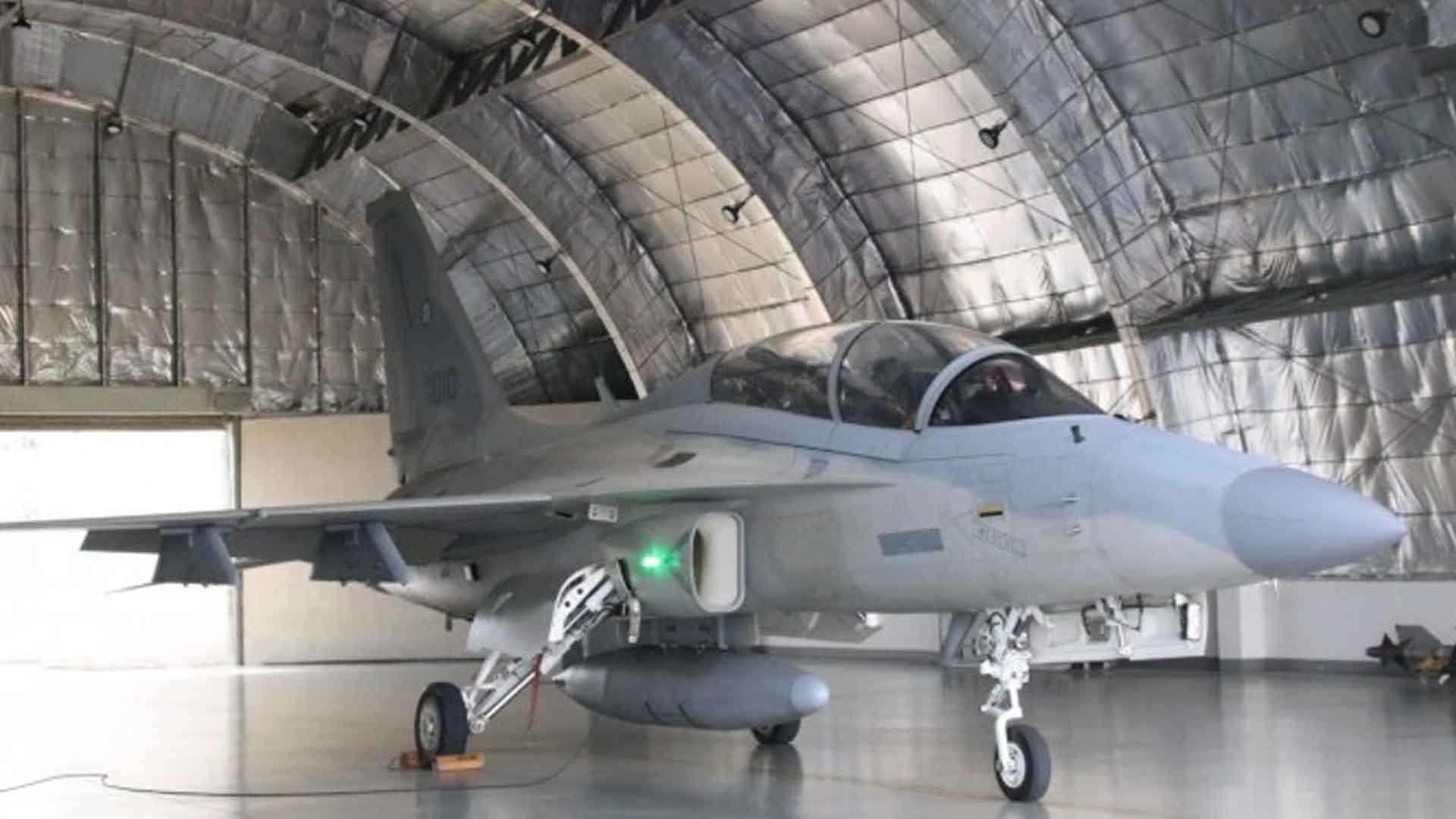The military’s FA-50 jet fighter pilots will train with their American counterparts, flying F-16s, specifically on the suppression of enemy air defenses (SEAD) exercises in the ongoing Bilateral Air Contingent Exchange.
Philippine Air Force (PAF) spokesperson Col. Maynard Mariano said Sunday the training, which started on March 14 and will end on March 25, would involve four American F-16s and four PAF FA-50s on the neutralization of “enemy anti-air assets and airfields.”
“The area of engagement will be over IMTA (Intensive Military Training Area ) 2 – over the mountainous area of Zambales, Tarlac and Pangasinan,” he said in a message to the Philippine News Agency (PNA). “This will be part of (this) week’s activities but we (do) not know exactly what date.”
SEAD refers to operations conducted to neutralize enemy surface-based air defenses like anti-aircraft artillery (AAA) and surface-air missiles (SAM) and interrelated systems such as early-warning radar and command, control and communication.
Mariano said the exercises would be held at the Crow Valley, formally known as the Colonel Ernesto Rabina Air Base.
He added that this year’s exercises would feature Subject Matter Expert Exchange (SMEE) on how to use and defend against SAM systems.
“This will be a SMEE — more on a lecture type and procedures on what to do on how to defend against, (and) also to employ (SAM systems),” he said.
Twelve US F-16s will be participating in this year’s exercises with 10 FA-50s from the PAF’s 5th Fighter Wing. The American aircraft arrived in the country last March 12.
The exercises are held at Basa Air Base and Clark Air Base — both in Pampanga; Colonel Ernesto Ravina Air Base in Capas, Tarlac; and in Wallace Air Station in San Fernando, La Union.
These exercises would focus on a wide range of mission sets such as air-to-air engagement, base defense; air traffic navigations and integration coordination; air battle management, air defense command, and control operations; radar and radio operations; and surface-to air-missile operation and deployment planning. (PNA)









